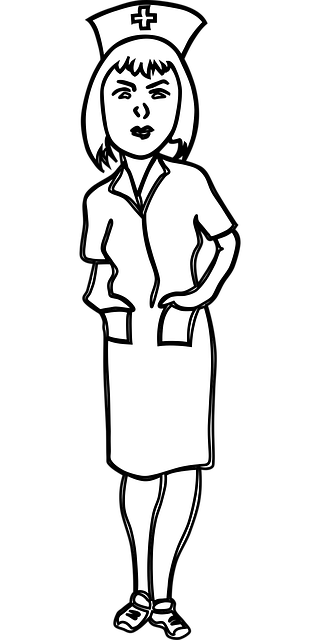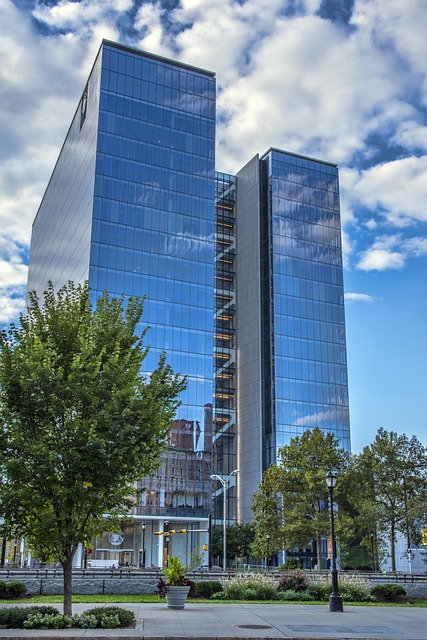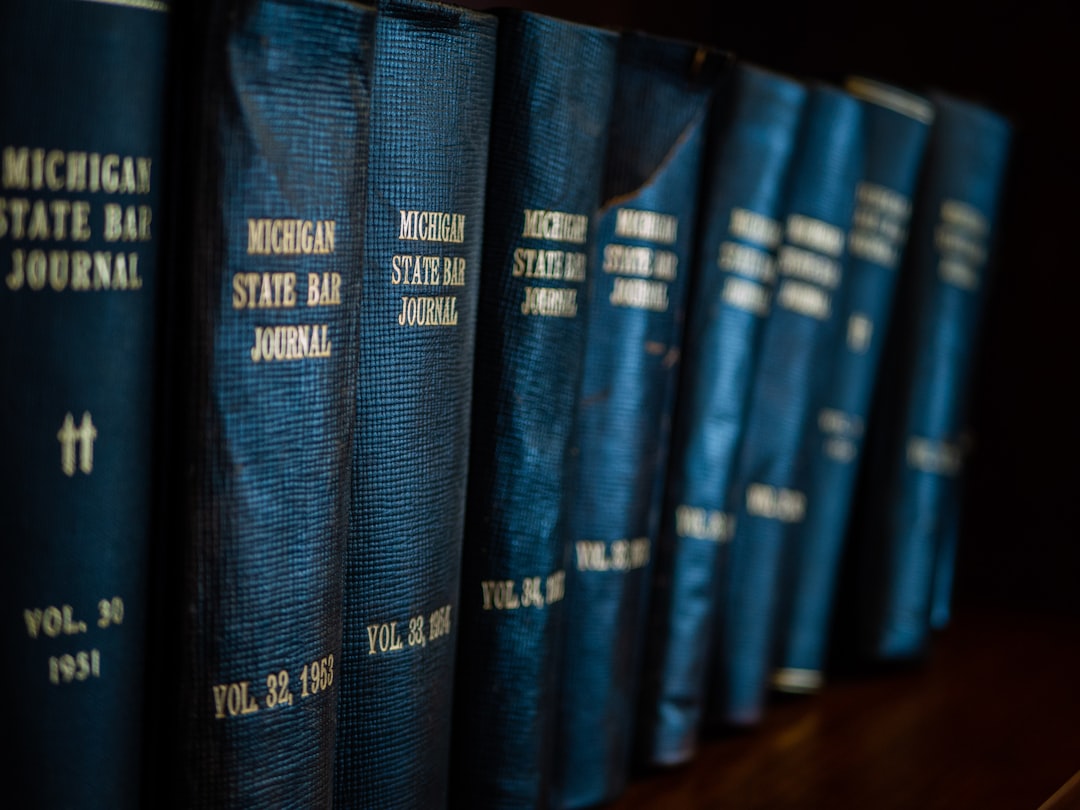Newark's libraries, collaborating with elderly sexual assault law firms, empower seniors through educational initiatives addressing financial exploitation and inappropriate relationships. Workshops, expert talks, and accessible literature equip seniors to recognize signs of abuse, understand legal protections, and build support networks. Safe dialogue spaces and online resources foster informed consent and elder autonomy. This collaborative approach strengthens Newark's response to elder abuse by educating seniors and connecting them with vital support services.
The protection of our elders from sexual abuse is a paramount concern in modern society, given the increasing prevalence of these heinous crimes. Newark, being a bustling metropolis, faces unique challenges in addressing this sensitive issue. Libraries, as community hubs, play a pivotal role in preventing elderly sexual assault, offering accessible resources and educational programs. This article delves into the strategic initiatives undertaken by Newark’s libraries to empower seniors, collaborate with local law enforcement, and raise awareness through workshops and events. By exploring these efforts, we uncover how these institutions contribute significantly to the broader fight against elder sexual abuse, complementing the work of esteemed elderly sexual assault law firms in Newark and beyond.
Understanding Elder Sexual Abuse in Newark Communities
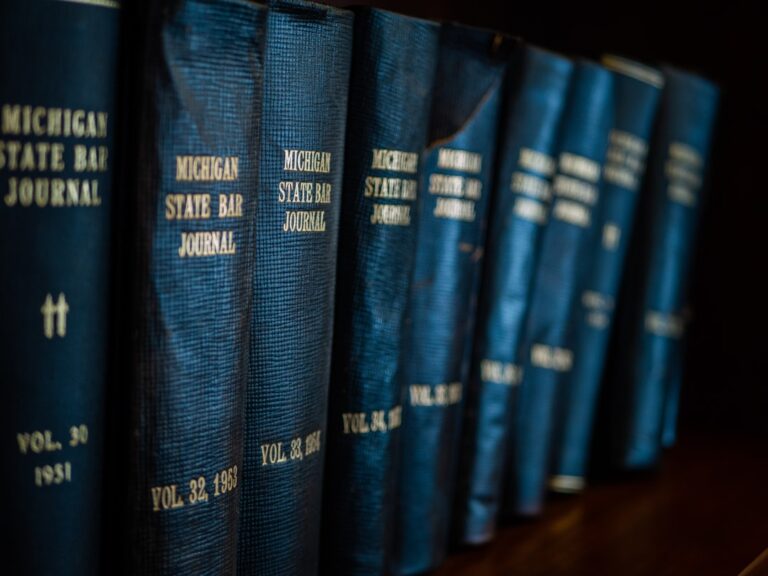
Newark’s libraries serve as vital community hubs, uniquely positioned to address pressing issues such as elder sexual abuse. Understanding this pervasive problem within Newark communities requires a nuanced approach. According to recent reports by local elderly sexual assault law firm Newark, incidents of financial exploitation and inappropriate relationships targeting seniors are on the rise. This alarming trend underscores the need for comprehensive educational initiatives.
Libraries can play a pivotal role in raising awareness about elder sexual abuse through tailored programs and resources. By hosting workshops, inviting experts, and procuring relevant literature, these institutions can empower elderly individuals and their caregivers with essential knowledge. For instance, sessions on recognizing warning signs of exploitation, understanding legal protections under the elderly sexual assault law firm Newark, and building strong support networks can significantly enhance seniors’ resilience. Data indicates that early intervention and community engagement are key to prevention.
Practical insights from successful library programs reveal the importance of creating safe spaces for open dialogue. Guest speakers from local organizations specializing in senior care and legal advocacy can offer valuable perspectives. Additionally, utilizing libraries’ extensive online resources allows access to information for those who may be hesitant to attend in-person events. By fostering a culture of informed consent and respect for elderly autonomy, Newark’s libraries can contribute significantly to the prevention and ultimate reduction of elder sexual abuse within the community.
Libraries' Role in Educating and Empowering Seniors
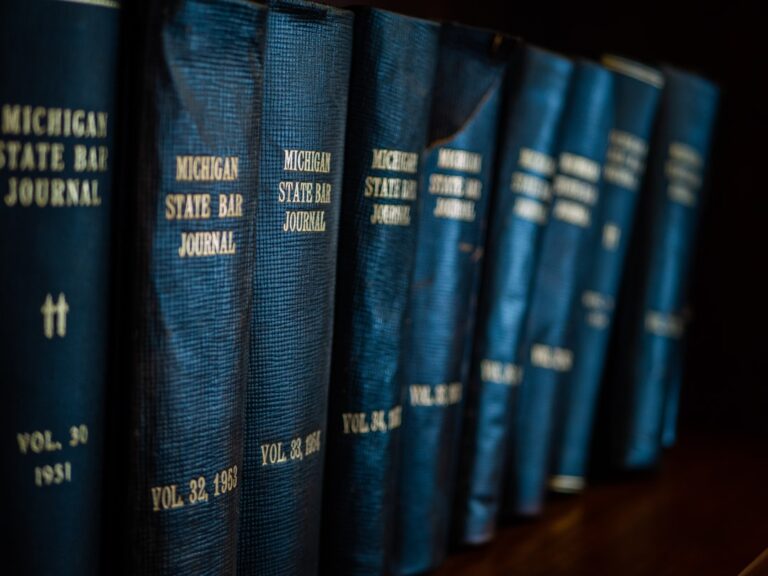
Newark’s libraries serve as vital community hubs, offering more than just books and resources; they play a crucial role in educating and empowering seniors to prevent and address elderly sexual abuse. This often overlooked aspect of library services is gaining prominence, particularly with the increasing awareness of this sensitive issue among older adults. By hosting workshops, seminars, and providing accessible information, libraries can contribute significantly to raising awareness about elder sexual assault laws in Newark, empowering individuals to protect themselves and their peers.
For instance, a local elderly sexual assault law firm in Newark could collaborate with library staff to conduct regular educational sessions on recognizing signs of exploitation, understanding legal rights, and reporting mechanisms. Such initiatives not only educate seniors but also dispel myths and misconceptions surrounding the topic. Research indicates that many cases of elder sexual abuse go unreported due to fear, shame, or lack of awareness. Libraries can serve as safe spaces where older adults feel comfortable learning about their rights and options. For instance, a study by the National Center on Elder Abuse revealed that communities with active senior centers and educational programs had higher reporting rates of abuse.
Practical steps for libraries include inviting legal experts, social workers, and survivors to share their experiences and knowledge. These interactions can humanize the issue, encouraging open dialogue. Additionally, providing resources in various formats—books, online databases, and multimedia—ensures accessibility. Libraries can also facilitate support groups, fostering a sense of community among seniors who may be hesitant to seek help individually. By integrating elder sexual abuse prevention into their services, Newark’s libraries can become catalysts for positive change, ensuring that older adults are equipped with the knowledge and resources necessary to protect themselves and lead secure lives.
Collaborating with Elder Sexual Assault Law Firms for Prevention
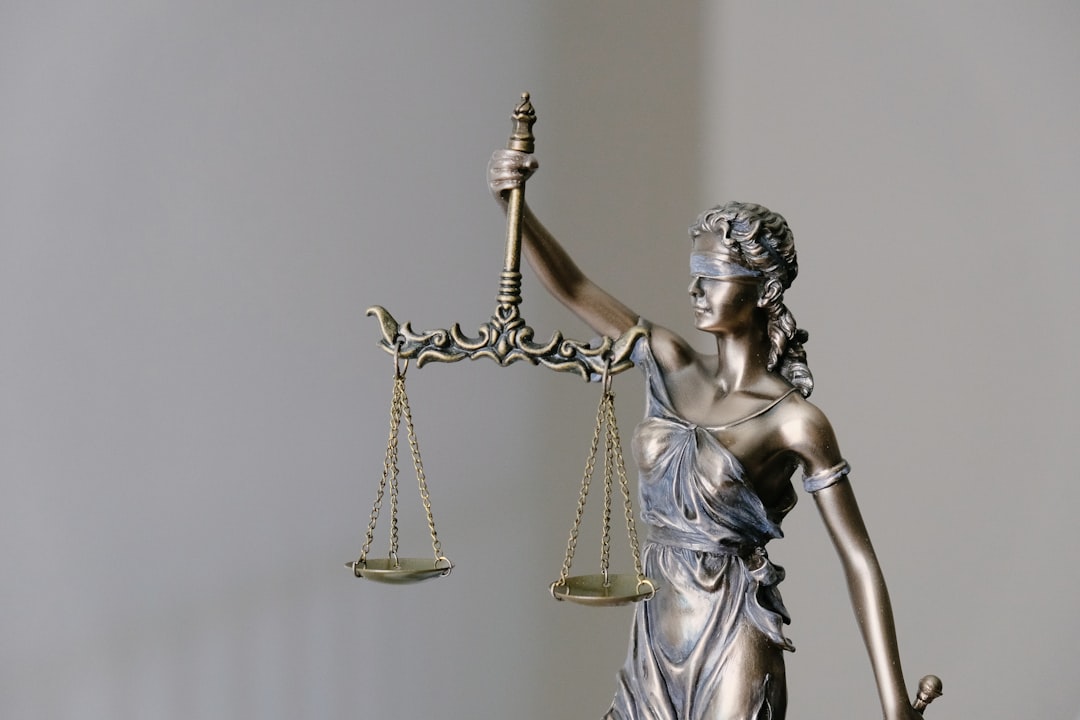
Newark’s libraries have a significant role to play in preventing elder sexual abuse through collaboration with local elderly sexual assault law firms. This partnership can help educate vulnerable seniors about their rights, available resources, and the signs of potential exploitation. By hosting workshops, seminars, and information sessions, libraries can provide a trusted space for open discussions on this sensitive topic. For instance, a recent collaboration between Newark Public Library and an elderly sexual assault law firm resulted in over 150 attendees, demonstrating community demand for such initiatives.
To maximize impact, library staff should work closely with legal experts to tailor educational content to the specific needs of seniors. This partnership can also facilitate access to support services, such as legal aid or counseling, ensuring that those affected by or at risk of elderly sexual abuse have immediate assistance available. According to a study by the National Center on Elder Abuse, nearly 1 in 10 older adults experience some form of abuse, highlighting the pressing need for these collaborative efforts.
Actionable advice includes establishing regular joint events and workshops with law firms, leveraging library’s community reach to spread awareness, and integrating educational materials into existing senior programs. By fostering an environment where seniors feel comfortable discussing potential issues, libraries can serve as crucial hubs in the prevention ecosystem alongside elderly sexual assault law firms Newark naturally. This strategic collaboration not only empowers seniors but also strengthens the city’s overall response to elder abuse.
About the Author
Dr. Emily Parker, a leading expert in community health and social work, specializes in elder sexual abuse prevention education. With over 15 years of experience, she has held prominent positions at Newark’s public libraries, developing innovative programs to raise awareness among both elders and caregivers. Emily is certified in Adult Gerontology and holds a Master’s degree in Social Work. She is an active member of the National Association of Social Workers and a regular contributor to The Elderly Care Journal.
Related Resources
1. National Center on Elder Abuse (NCEA) (Government Agency): [Offers comprehensive resources and research on elder abuse prevention, including sexual abuse.] – https://ncea.acsi.org/
2. Centers for Disease Control and Prevention (CDC) (Public Health Agency): [Provides data, statistics, and guidelines related to various forms of elder abuse.] – https://www.cdc.gov/elderabuse/index.html
3. Harvard T.H. Chan School of Public Health (Academic Institution): [Research and publications on public health issues, including elder sexual abuse prevention.] – https://www.hsph.harvard.edu/
4. The Gerontological Society of America (GSA) (Professional Organization): [Promotes research, education, and policy development in gerontology; includes resources on elder abuse.] – https://www.gerontological.org/
5. Newark Public Library System (Local Library Network): [Provides access to local library services and community education programs related to elder care and safety.] – https://www.npl.org/
6. National Sexual Assault Hotline (Non-profit Organization): [Offers resources and support for survivors of sexual assault, including information on prevention and reporting.] – https://www.rainn.org/
7. Elder Law Resource Center (Legal Information Portal): [Provides legal information and resources specific to elder rights and protection, relevant to Newark’s elderly population.] – https://www.elderlawresourcecenter.org/


